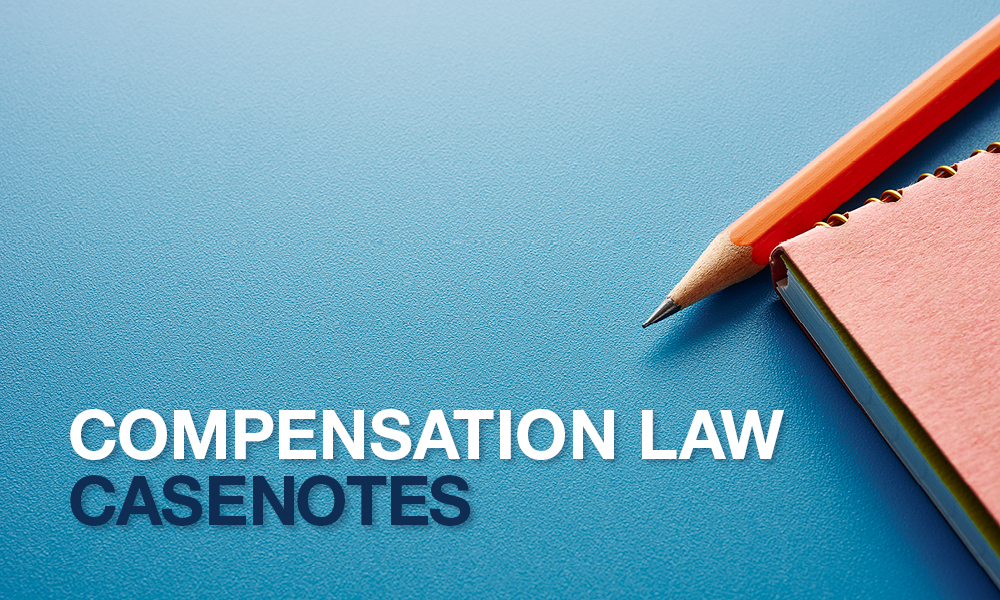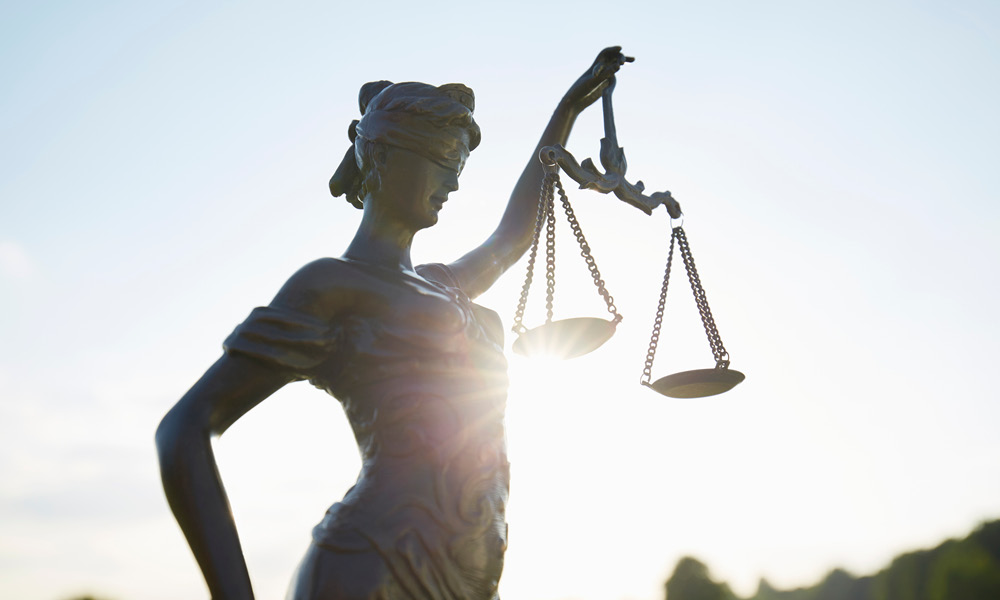The plaintiffs brought an action against the defendants in nuisance and negligence, alleging that works or modifications performed on the defendant’s property impacted the plaintiff’s property where flooding occurred.
There was expert evidence provided by three hydrologists; Mr Sargent and Mr Giles for the plaintiffs and Dr Markar for the defendants. The report of Mr Giles was relevant to the modelling methodology prepared by the defendants’ expert. The hydrology modelling in the matter had been an iterative process.
The application arose from evidence given by Mr Giles, whose three reports were tendered on behalf of the plaintiffs. Mr Giles had been requested to identify any problems with the accuracy of the approach and methodology taken by the other experts. The expert reports filed and tendered by the plaintiff did not address those particular requests.
It was noted that while giving evidence, Mr Giles recognised receiving a letter of instruction dated 1 November 2021, and he had previously given verbal advice in relation to the issues he was requested to address. The judge noted that:
“… he provided an opinion in respect of those two requests in respect of the peer review of the then existing hydrology reports verbally to Shine Lawyers, and then was subsequently asked in the letter of instruction of 1 November to address those questions.”
Due to the answers provided by Mr Giles, the defendants called for the production of documents including the letter of instructions and the documents evidencing the opinions provided by Mr Giles.
The defendants sought disclosure of all file notes taken by Shine Lawyers on any statement of advice given by Mr Giles, along with any document which may reflect his state of mind at any point in time during his engagement as an expert for the plaintiffs. This included during conferences Shine Lawyers had with Mr Giles in respect of his draft opinions.
Decision
The judge was to hear parties on appropriate orders, but said:
- the plaintiffs disclose any document in the possession or under the control of Shine Lawyers, being a statement of Mr Giles, the plaintiffs’ hydrology expert directly relevant to an issue on the pleadings, including but not limited to:
(a) any file notes, recordings, statements of Mr Giles in respect of the peer review of Mr Sargent’s and Dr Markar’s report as described in the letter of instruction dated 1 November 2021, whether provided before or after that date
(b) any file notes, records, statements of Mr Giles; that is, opinions and summaries of actual matters.
Ratio
The plaintiffs responded to the application claiming privilege, however no affidavit material claiming privilege was before the court.
The defendants relied on rule 212(2) of the Uniform Civil Procedure Rules 1999 (Qld), which provides that a document consistent with a statement or expert report is not privileged from disclosure. The judge noted the requirement for disclosure under rule 211; that is, a document in possession or under control of a party, which is directly relevant to an allegation or a matter in issue, should be disclosed unless there is a valid claim to privilege.
The judge held that to the extent that rule 212 abrogates privilege, it does so in clear and express terms. The judge referred to the decisions of Interchase Corporation Limited v Grosvenor Hill (Queensland) Pty Ltd [1999] 1 Qd R 141, and the subsequent decision of Mitchell Contractors Pty Ltd v Townsville – Thuringowa Water Supply Joint Board [2005] 1 Qd R 373, where Douglas J said:
“In my view the answer to the question may be sought by asking whether a draft statement or report by an expert is nonetheless his statement or report even though it might not be his final view. If an expert has prepared a draft report it is still his report or statement, no doubt normally reflecting his state of mind at the time he wrote it. The fact that, after consultation with lawyers in an action, he may prepare a further report or amend the draft does not prevent the draft from meeting the description in the rules.”
In the subsequent decision of Murphy Operator Pty Limited v Gladstone Ports Corporation Limited [2009] 3 Qd R 255, Crow J expressed a similar sentiment, saying:
“If the document prepared reflects the state of mind of an expert, it is properly disclosable under r212(2).”
The judge also referred to the decision of Keane J in Watkins v The State of Queensland [2008] 1 Qd R 564:
“This is distinguishable from Interchase Corporation Limited (in Liq.) v Grosvenor Hill (Queensland) Pty Ltd (No.1). In that case the applicable rule of the court provided that a document “consisting of a statement or report of an expert is not privileged from disclosure”. The court held that letters (described as the Category A documents) from the solicitors for a party regarding a report commissioned from an expert remain privileged from disclosure even though the relevant rule of the court abrogated that privilege in the case of the report itself.”
The judge in this case considered those remarks consistent with the existence of privilege, but that rule 212(2) abrogates that privilege in respect of the report itself. The decision in Interchase was that confidential communications between solicitors and the expert remain privileged for matters, such as whether the provision of instructions are needed.
The judge said that not every file note prepared by a solicitor in respect of the engagement of an expert would be caught by rule 212(2). However, the abrogation of legal professional privilege in rule 212 would extend to a solicitor’s file note, if it records the opinion of an expert on an issue directly relevant to the pleadings.
Draft reports prepared by an expert would fall within the authority and reasoning provided in Mitchell Contractors, including draft reports or draft statements of opinion or summaries of fact relied upon by an expert. What is inherent in rule 212(2) is that the document incorporates the opinion, being a statement or report of an expert.
The judge went on to say that if the file notes were not captured by the rule, there was an alternative basis to require disclosure of at least the file notes regarding the oral opinion provided by Mr Giles. The judge noted that a party should not abuse privilege so as to disadvantage another party forensically referring to the comments of the court in Goldberg v Ng (1995) 185 CLR 83:
“When some such act or omission of the person entitled to the benefit of privilege gives rise to a question of imputed waiver, the governing consideration is whether ‘fairness requires that his privilege shall cease whether he intended that result or not’.”
The judge held that Mr Giles was asked to provide oral advice on his evaluation of Mr Sargent’s and Dr Markar’s expert evidence. He then received a letter of instruction requesting a report including that view, without reference to the fact he had previously provided that opinion orally. The judge was of the view it was likely his oral opinion did form the basis for his approach to the hydrology modelling of the other experts, and accordingly said:
“…it would be unfair if the plaintiffs were able to maintain the claim to privilege over any file note which recorded that oral opinion in these particular circumstances.”
This compensation law casenote appears courtesy of Travis Schultz & Partners (TSP), where the author, Tim McClymont, is a Partner. As part of the firm’s commitment to providing ongoing legal education, TSP practitioners review relevant judgments and prepare case summaries for the legal profession. A free searchable catalogue of compensation law casenotes is available at schultzlaw.com.au/case-summaries (registration required). The full version of the judgments can be found at austlii.edu.au.














Share this article